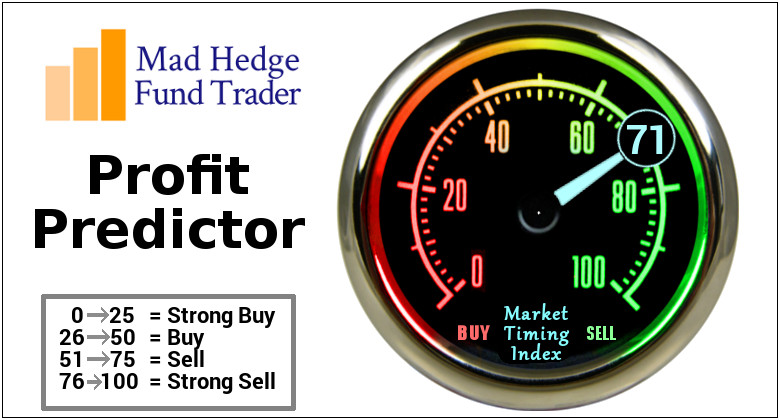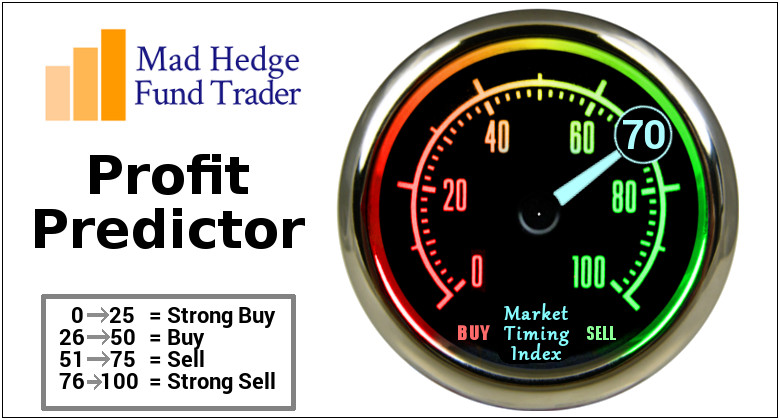Global Market Comments
May 20, 2025
Fiat Lux
Featured Trade:
(I HAVE A NEW OPENING FOR THE MAD HEDGE FUND TRADER CONCIERGE SERVICE),
(TESTIMONIAL)

Global Market Comments
May 20, 2025
Fiat Lux
Featured Trade:
(I HAVE A NEW OPENING FOR THE MAD HEDGE FUND TRADER CONCIERGE SERVICE),
(TESTIMONIAL)

Global Market Comments
May 19, 2025
Fiat Lux
Featured Trade:
(MARKET OUTLOOK FOR THE WEEK AHEAD, or FULL SPEED AHEAD TOWARDS THE CLIFF),
(FL), (DKS), (UNH), (GLD), (SPY), (MSTR), (AAPL), (QQQ), (TLT)

"I can calculate the motions of heavenly bodies, but never the madness of crowds," said Sir Isaac Newton, the inventor of calculus and discoverer of Newton's Laws who lost his entire fortune in a 17th century investment scam called "the South Sea Bubble."
Global Market Comments
May 16, 2025
Fiat Lux
Featured Trade:
(MAY 14 BIWEEKLY STRATEGY WEBINAR Q&A),
(TSLA), (BLK), (SPY), (TLT), (WMT), (LLY), (UNH), (KKR), (NVDA), (ABNB), (GLD)

Global Market Comments
May 15, 2025
Fiat Lux
Featured Trade:
(HOW TO HANDLE THE FRIDAY, MAY 16 OPTIONS EXPIRATION),
(GLD)

Global Market Comments
May 14, 2025
Fiat Lux
Featured Trade:
(A DIFFERENT VIEW OF THE US)
"Kamikaze missions are rarely successful, least of all for the pilots," said Robert Gibbs, former White House Press Secretary.
Global Market Comments
May 13, 2025
Fiat Lux
Featured Trade:
(A NOTE ON ASSIGNED OPTIONS, OR OPTIONS CALLED AWAY),
(GLD)

When John identifies a strategic exit point, he will send you an alert with specific trade information as to what security to sell, when to sell it, and at what price. Most often, it will be to TAKE PROFITS, but, on rare occasions, it will be to exercise a STOP LOSS at a predetermined price to adhere to strict risk management discipline. Read more
Legal Disclaimer
There is a very high degree of risk involved in trading. Past results are not indicative of future returns. MadHedgeFundTrader.com and all individuals affiliated with this site assume no responsibilities for your trading and investment results. The indicators, strategies, columns, articles and all other features are for educational purposes only and should not be construed as investment advice. Information for futures trading observations are obtained from sources believed to be reliable, but we do not warrant its completeness or accuracy, or warrant any results from the use of the information. Your use of the trading observations is entirely at your own risk and it is your sole responsibility to evaluate the accuracy, completeness and usefulness of the information. You must assess the risk of any trade with your broker and make your own independent decisions regarding any securities mentioned herein. Affiliates of MadHedgeFundTrader.com may have a position or effect transactions in the securities described herein (or options thereon) and/or otherwise employ trading strategies that may be consistent or inconsistent with the provided strategies.
